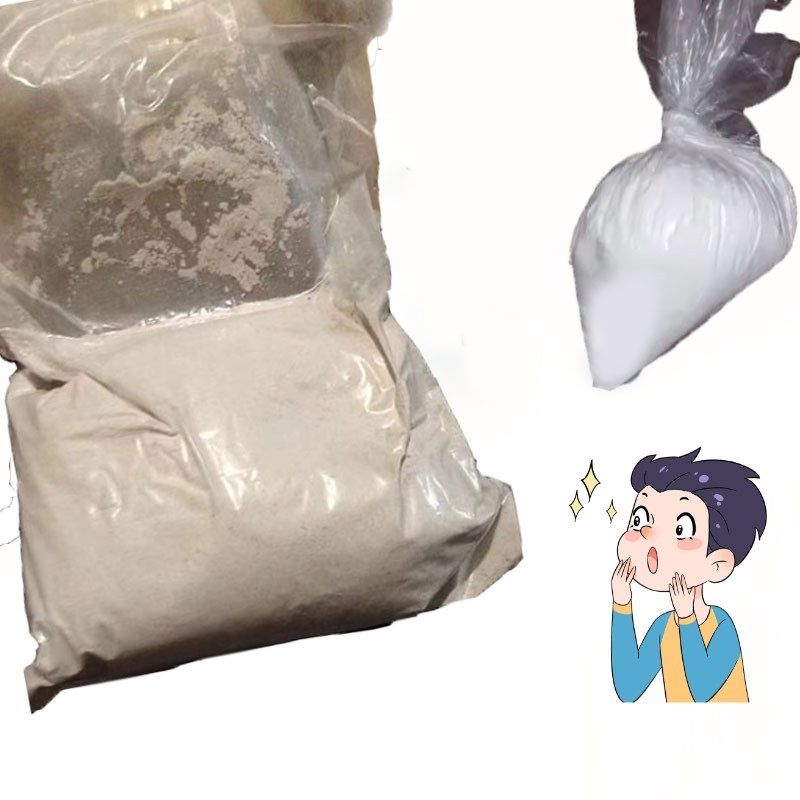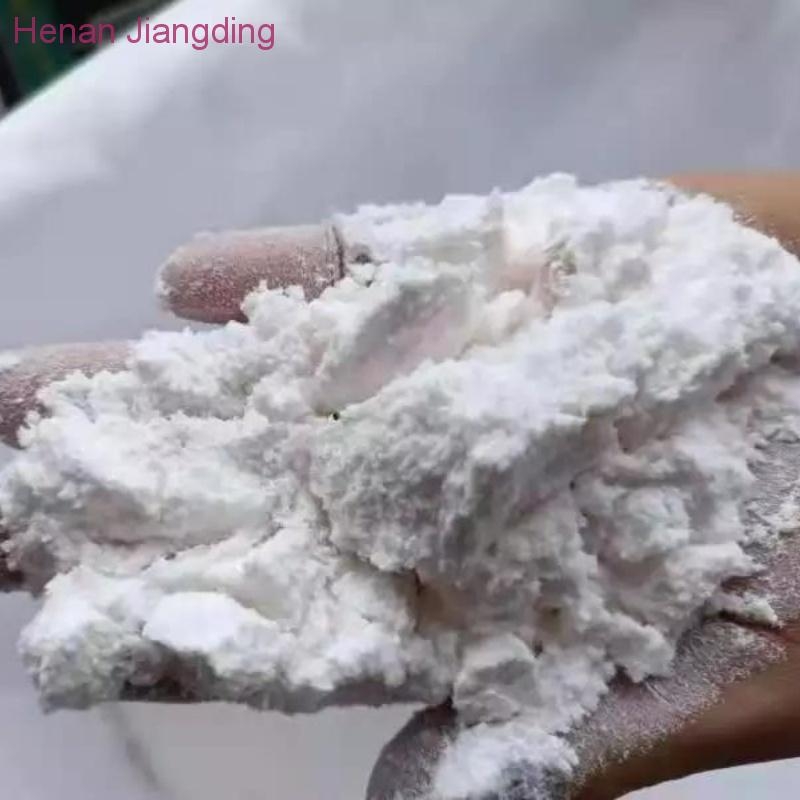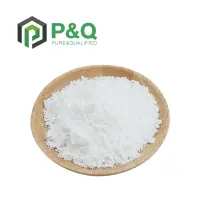-
Categories
-
Pharmaceutical Intermediates
-
Active Pharmaceutical Ingredients
-
Food Additives
- Industrial Coatings
- Agrochemicals
- Dyes and Pigments
- Surfactant
- Flavors and Fragrances
- Chemical Reagents
- Catalyst and Auxiliary
- Natural Products
- Inorganic Chemistry
-
Organic Chemistry
-
Biochemical Engineering
- Analytical Chemistry
- Cosmetic Ingredient
-
Pharmaceutical Intermediates
Promotion
ECHEMI Mall
Wholesale
Weekly Price
Exhibition
News
-
Trade Service
Researchers at Macquarie University in Australia have discovered a gene therapy that can repair memory damage caused by Alzheimer's disease in mice.
researchers hope the treatment could be used in the future for clinical treatment of Alzheimer's disease. One of the pathological changes in
Alzheimer's disease is excessive phosphorylation of Tau protein in the brain.
researchers have found that this gene therapy activates an enzyme called p38 gamma that naturally exists in the brain.
this enzyme is activated to regulate the excessive phosphorylation of Tau protein in the brain, thereby inhibiting the development of Alzheimer's disease.
animal experiments showthat even mice that are already in the post-development stage of Alzheimer's disease can repair most of their lost memory function through the treatment. "When we first developed this gene therapy, we wanted it to inhibit the development of the disease, but we didn't expect it to stop the disease, but it would also repair memory function that had been lost before the treatment," said Russ Ittner, a professor at Macquarie University who led the study at
.
" researchers predict that the treatment could be used in the clinical treatment of Alzheimer's patients within five to 10 years.
researchers believe the treatment may also be effective for other neurodegenerative diseases such as frontal lobe dementia.
no adverse reactions occurred in the experimental animals during the study.
researchers are preparing to conduct human clinical trials in the next phase.
research has been published in the international journal Neuropathology.
()







